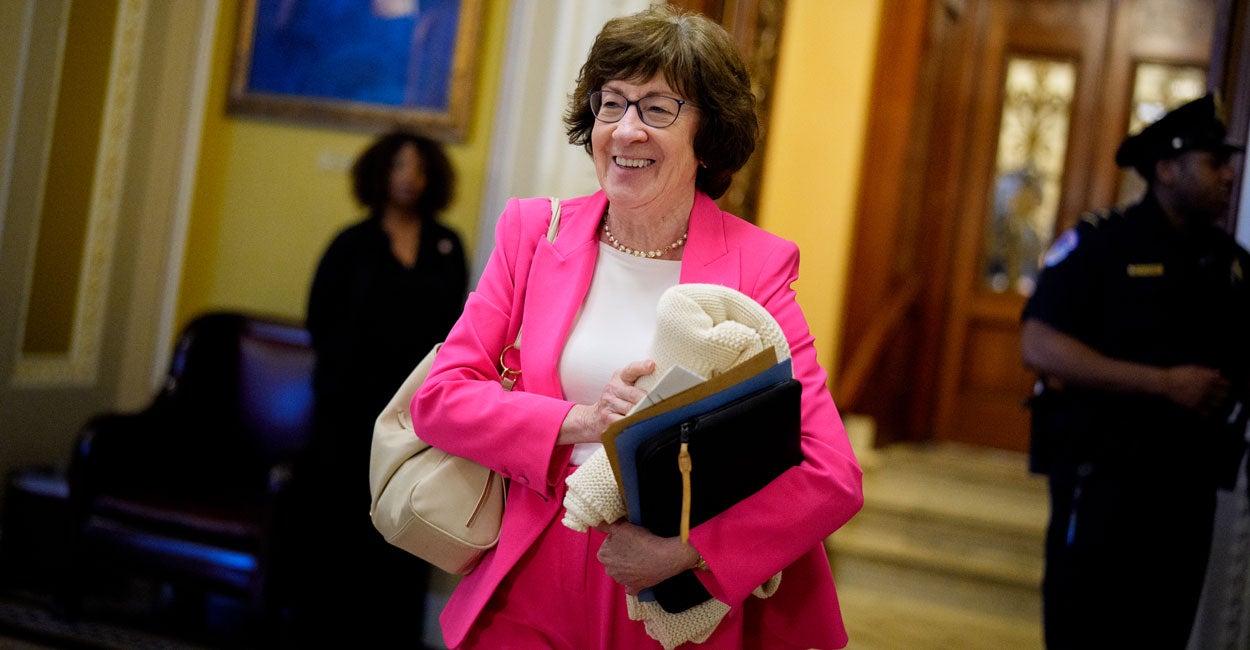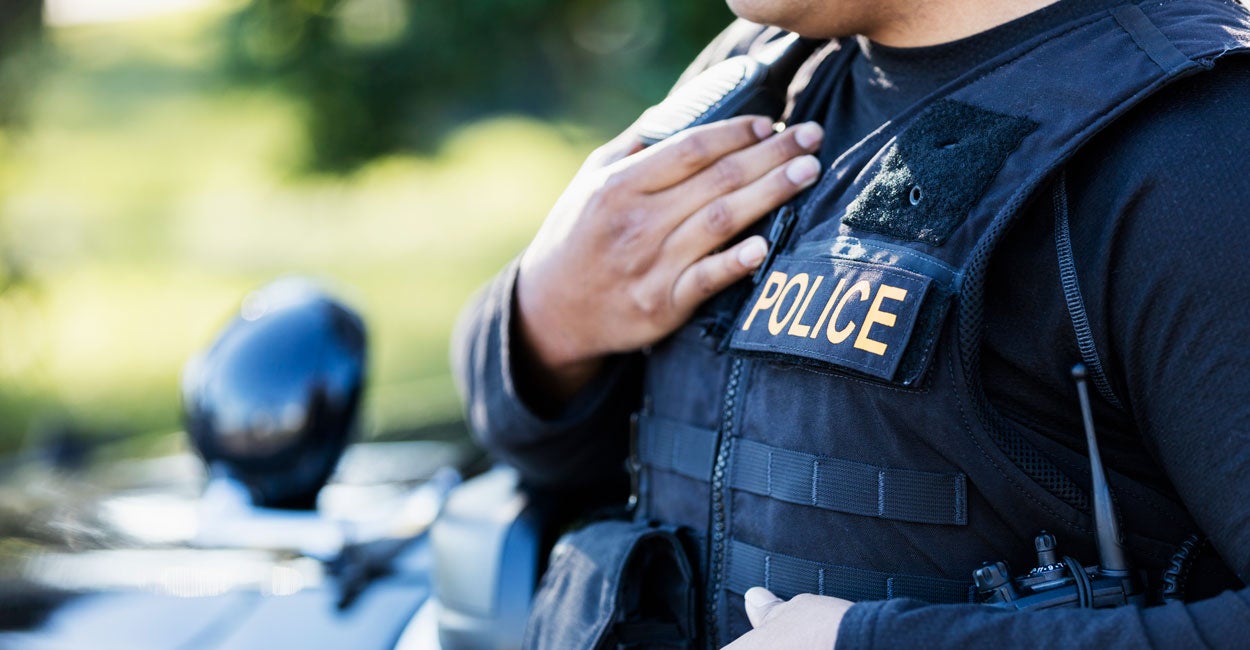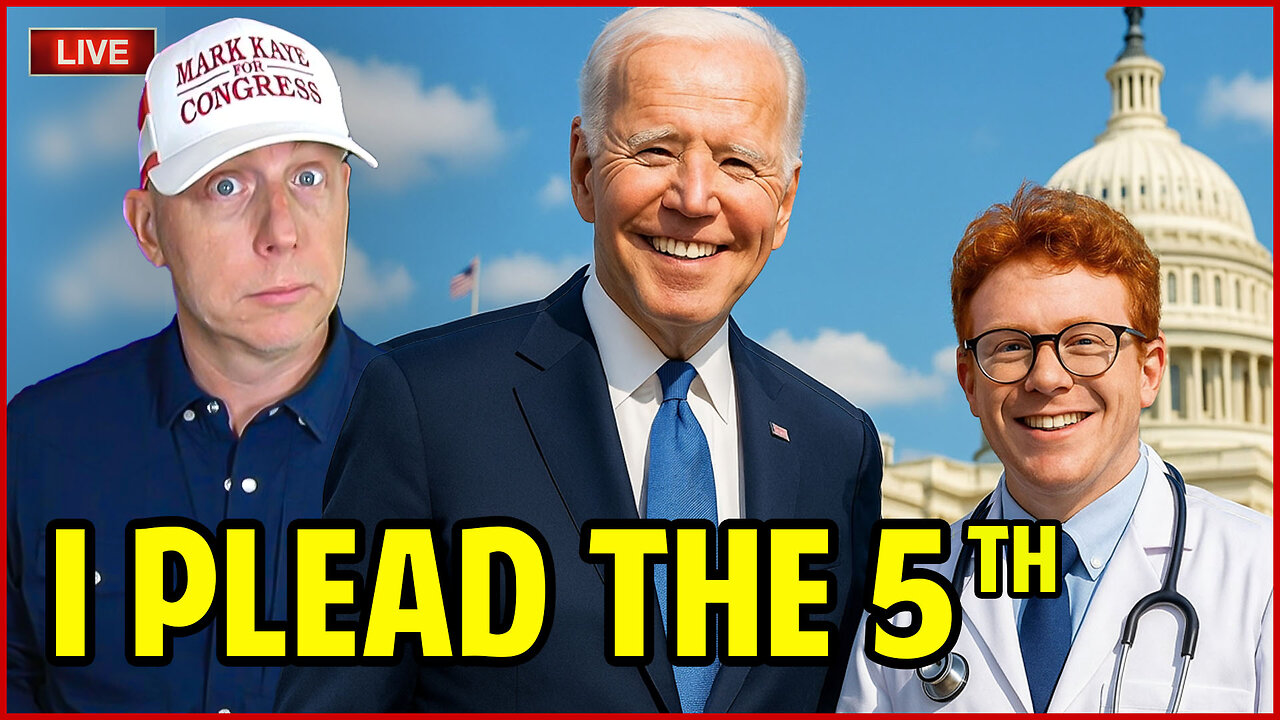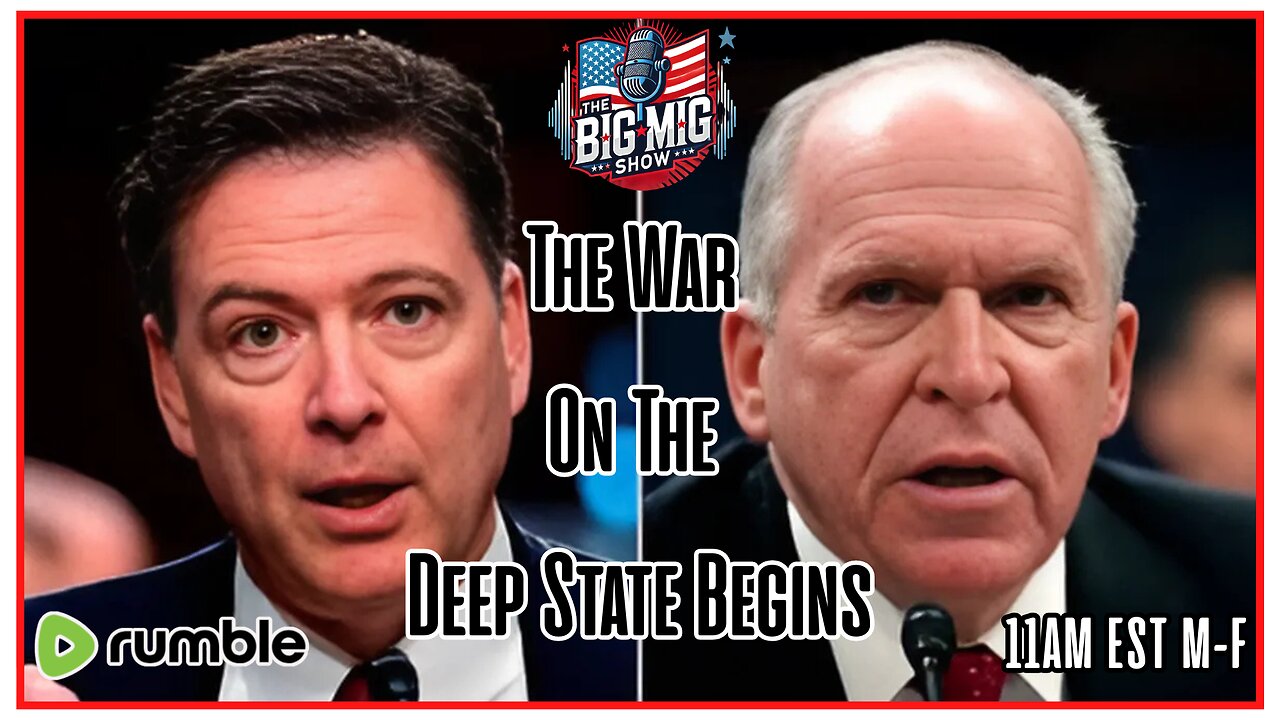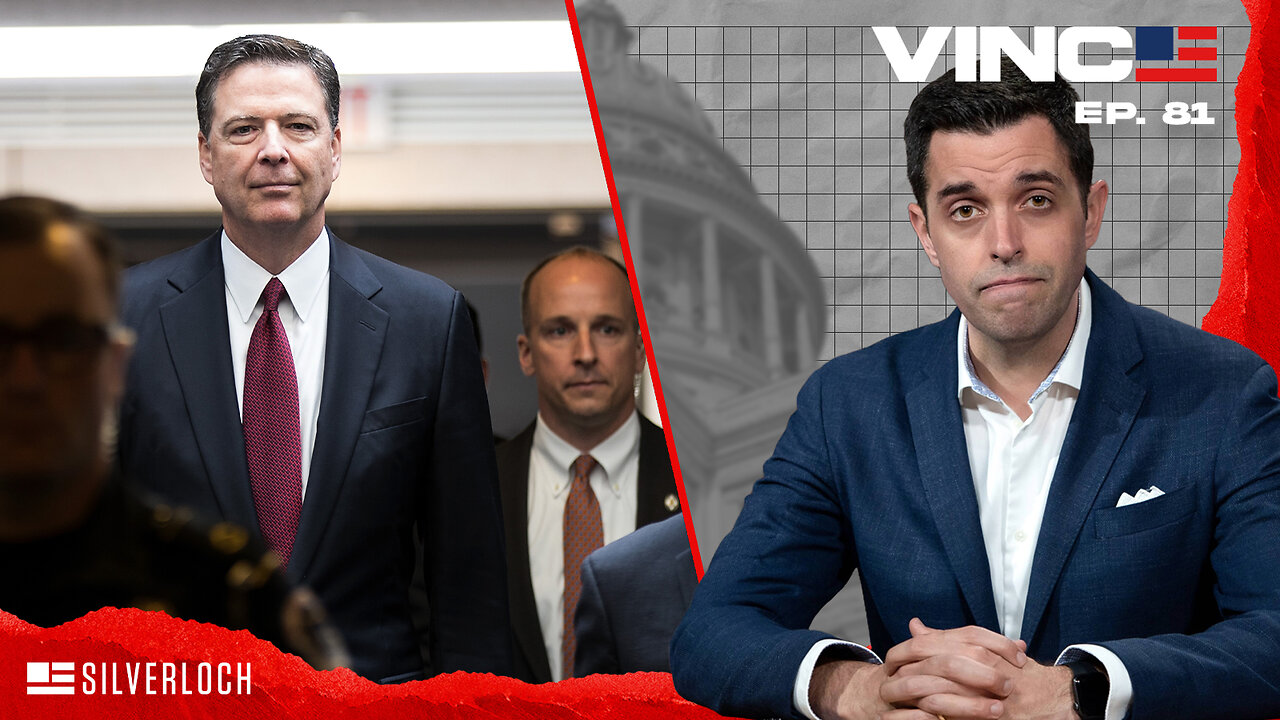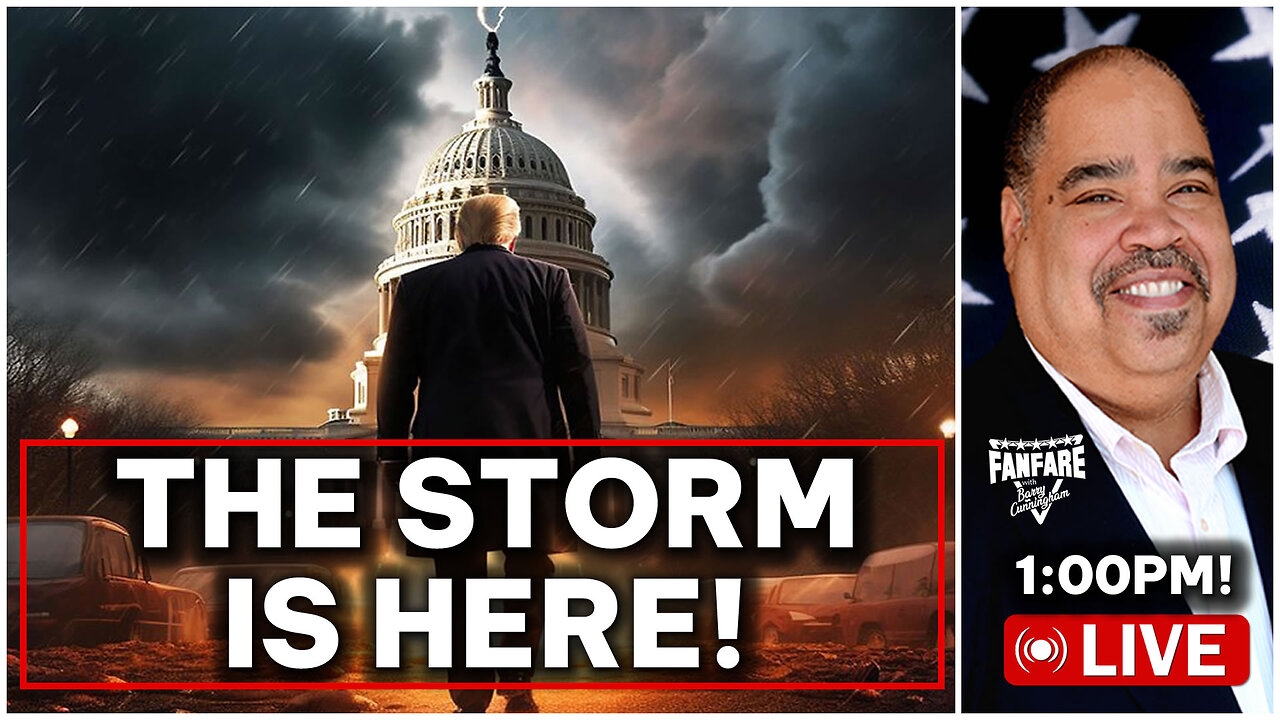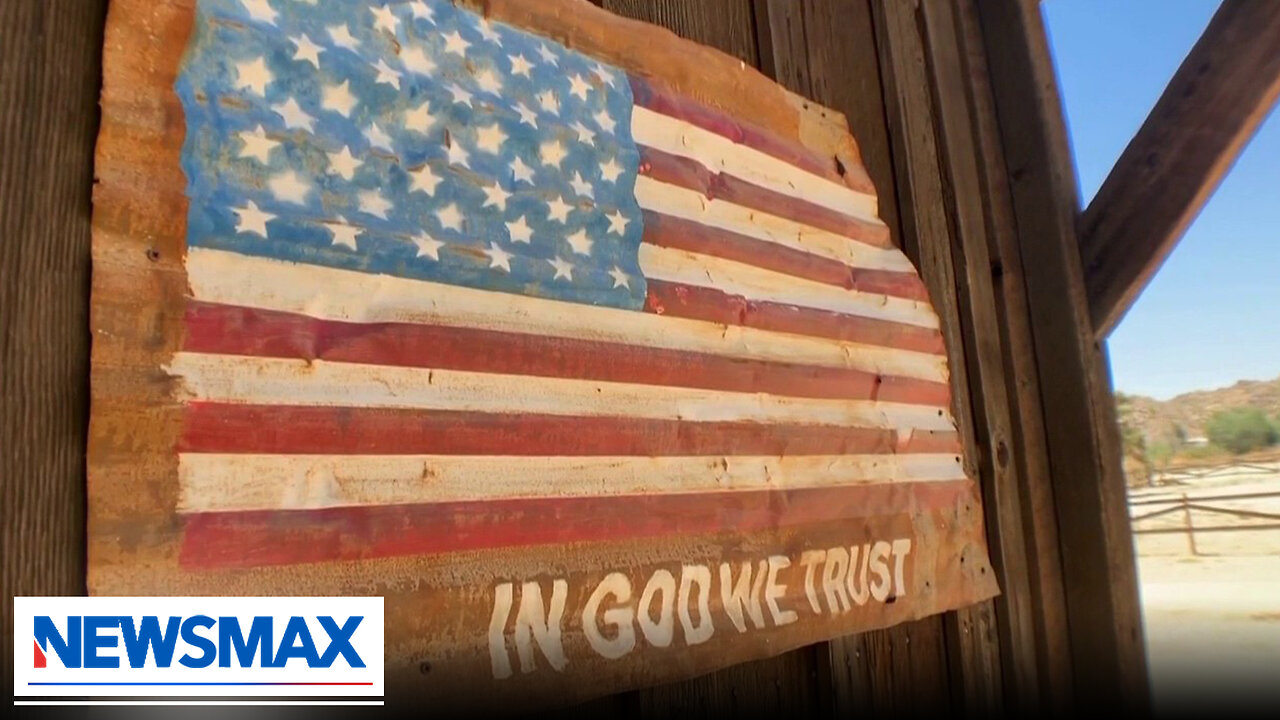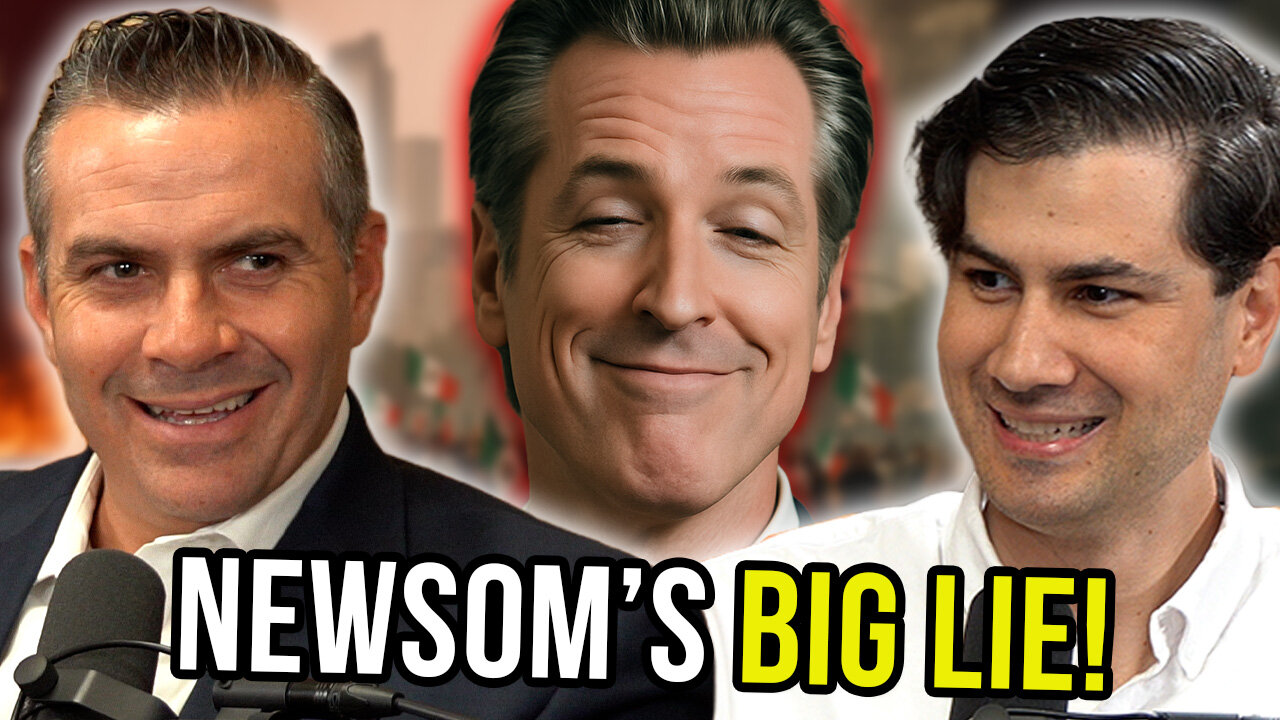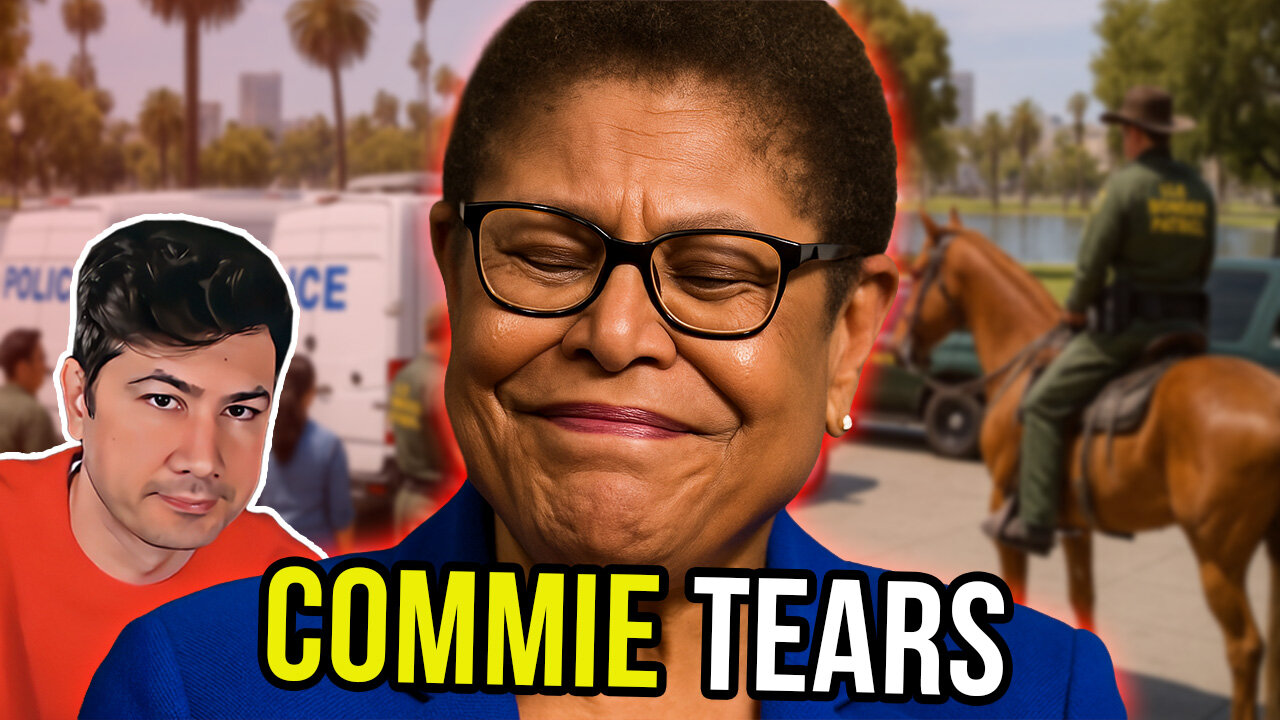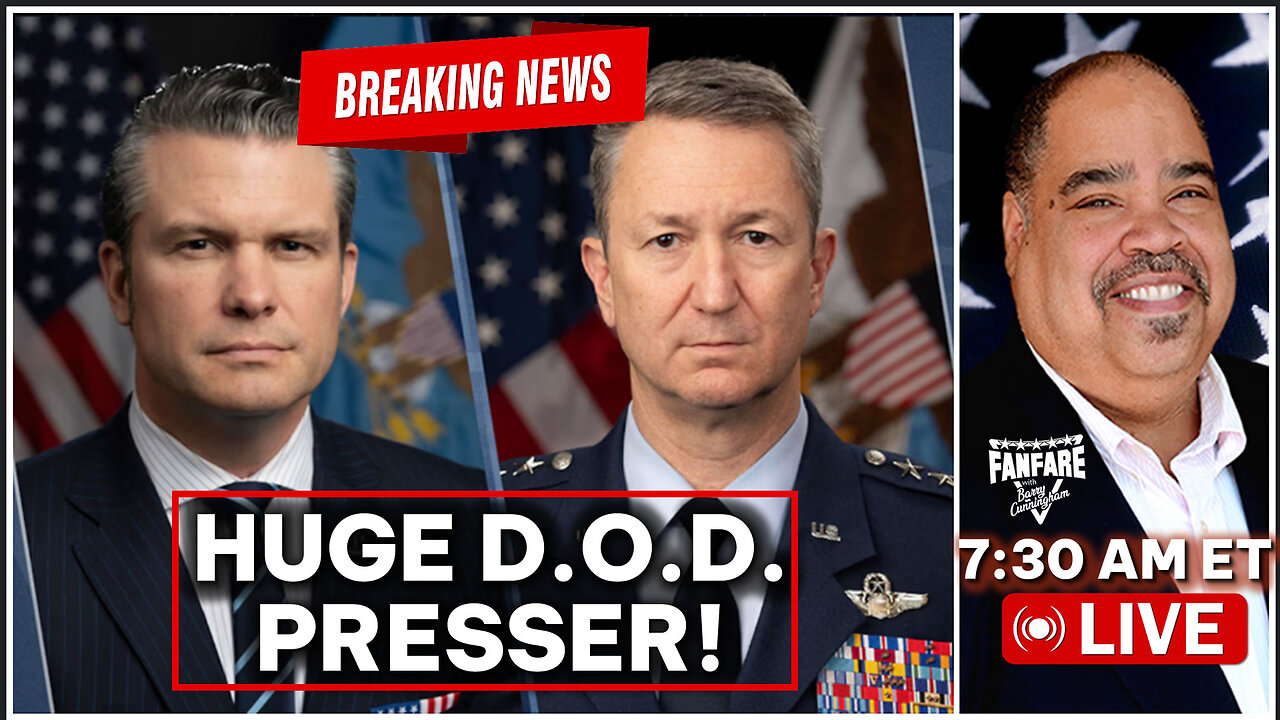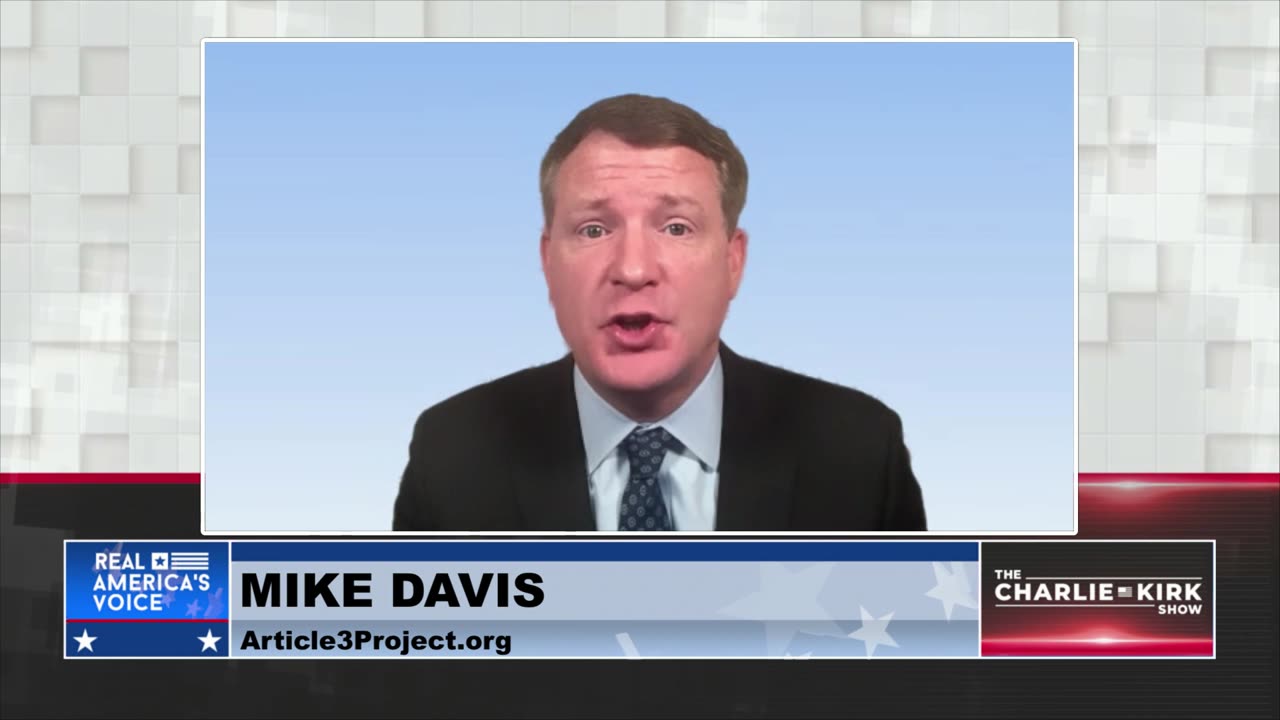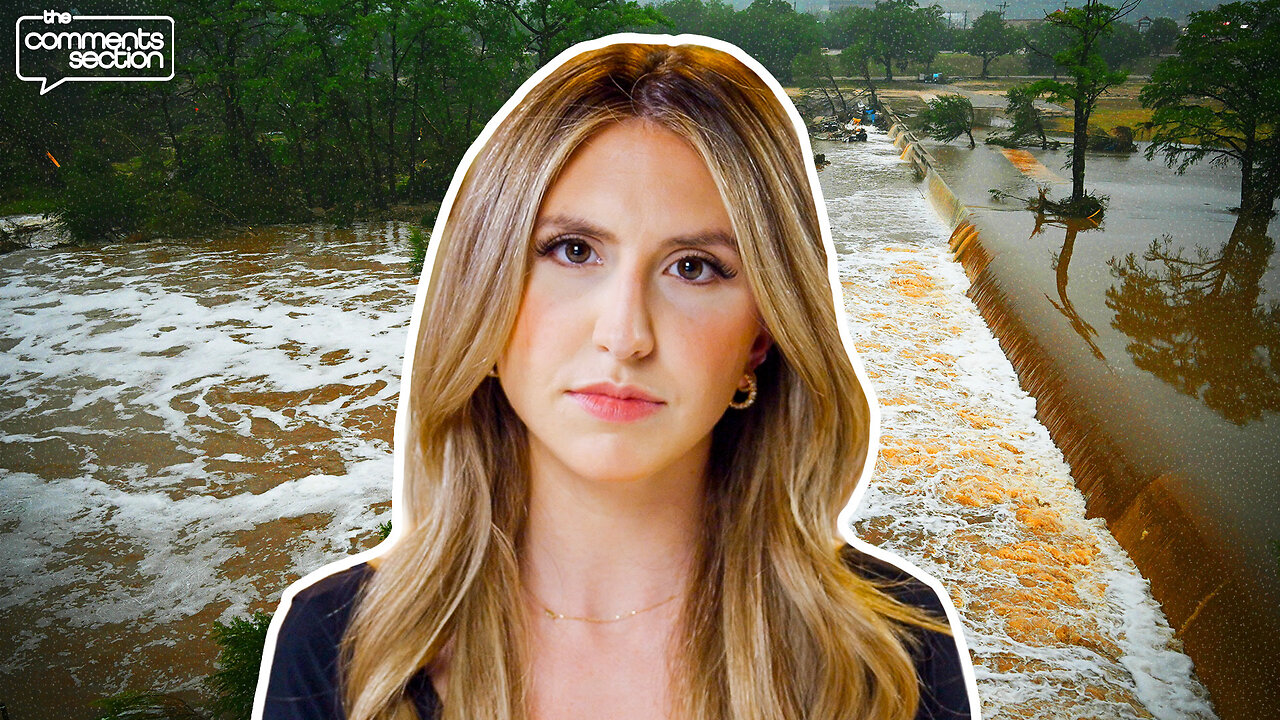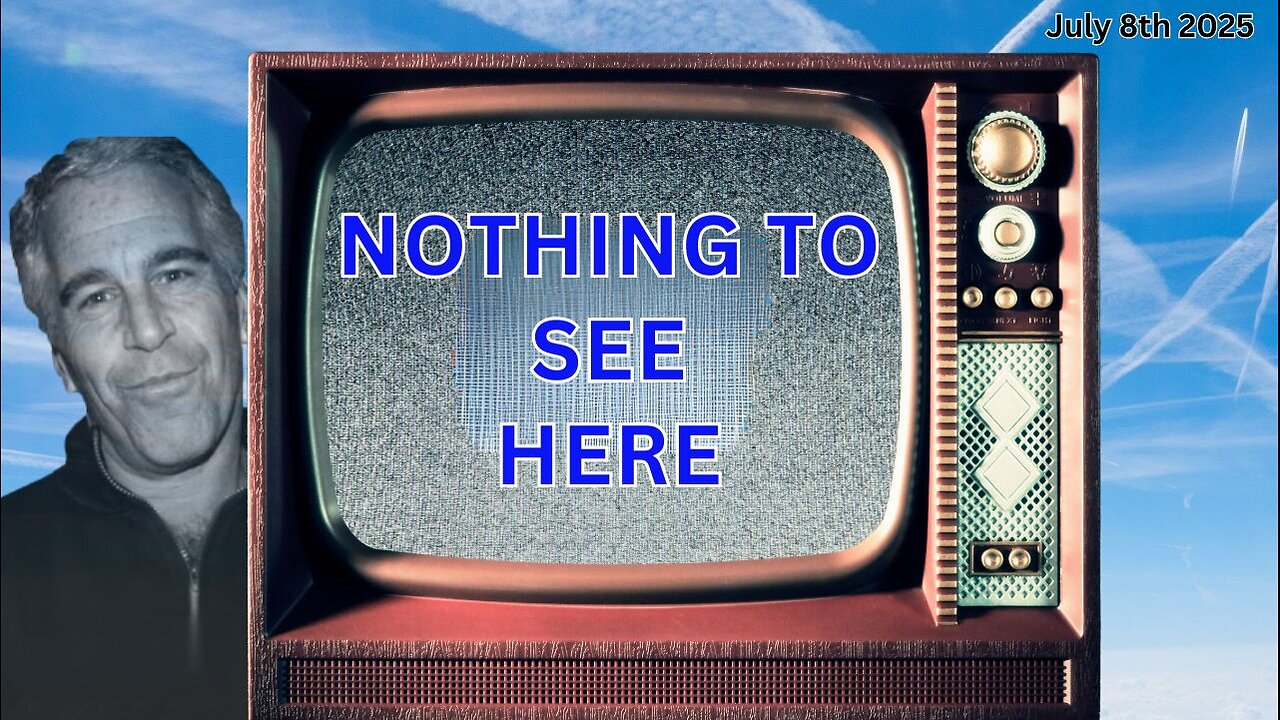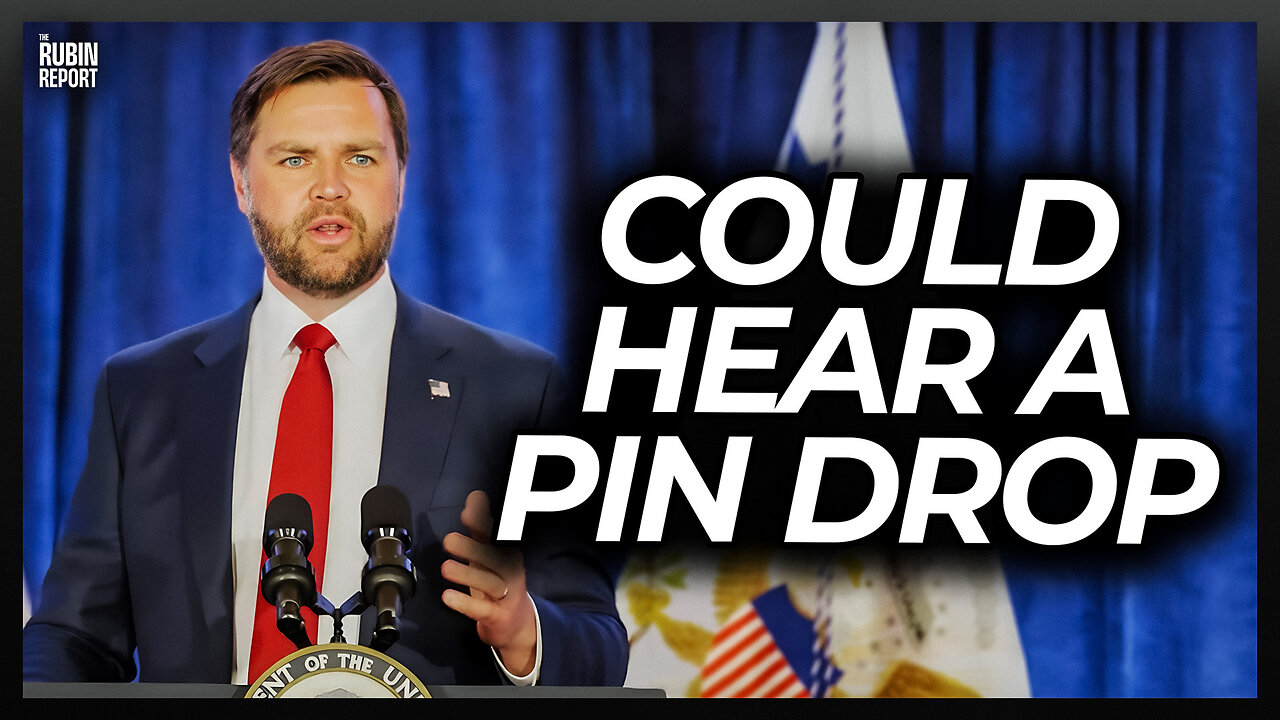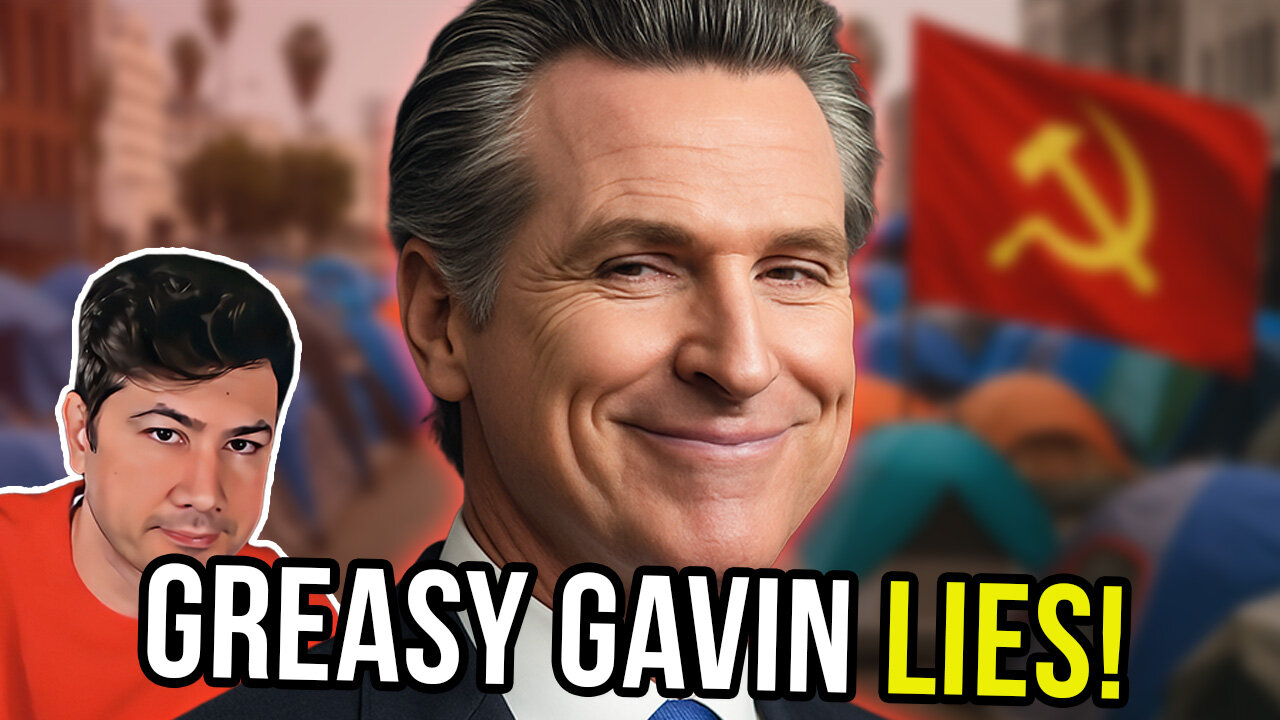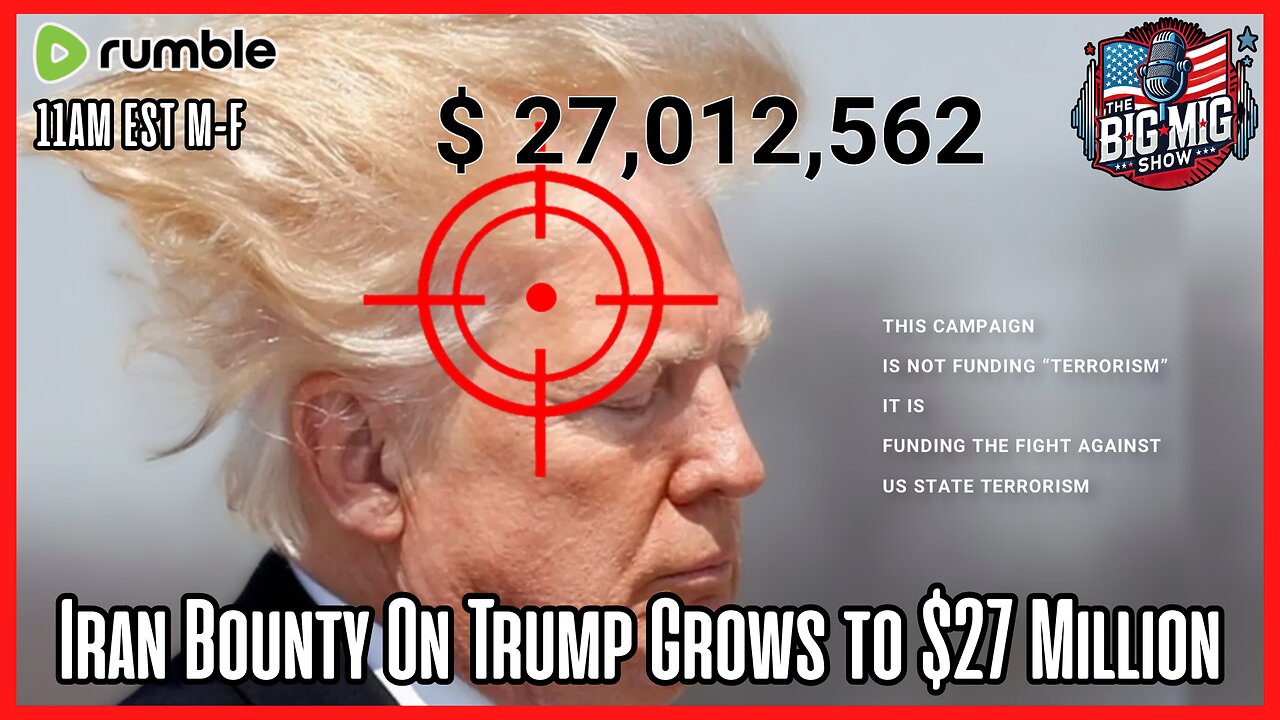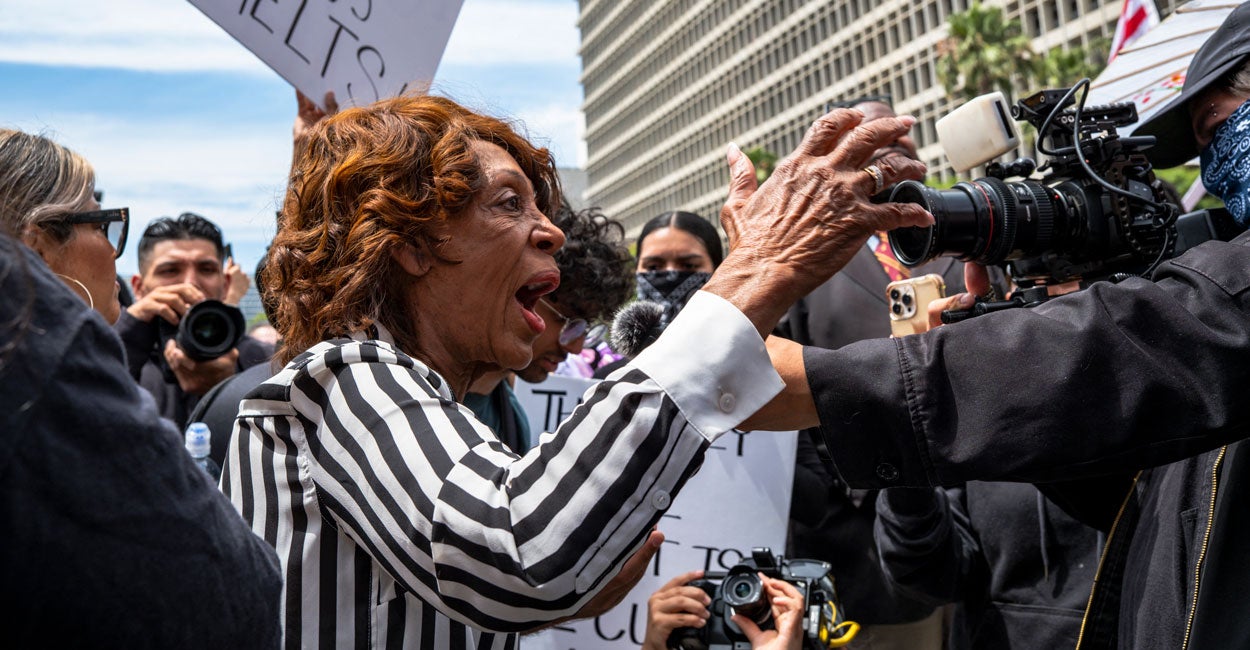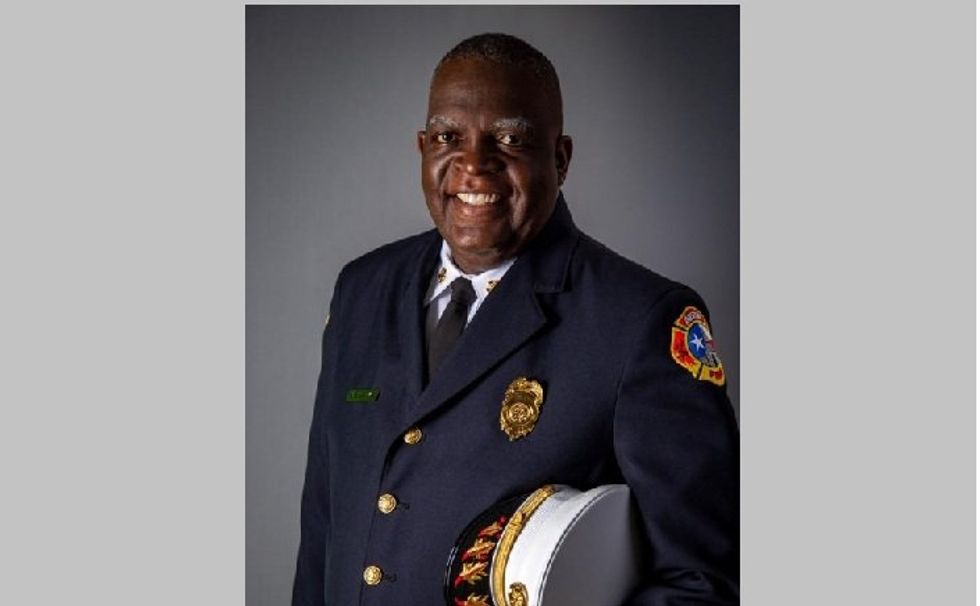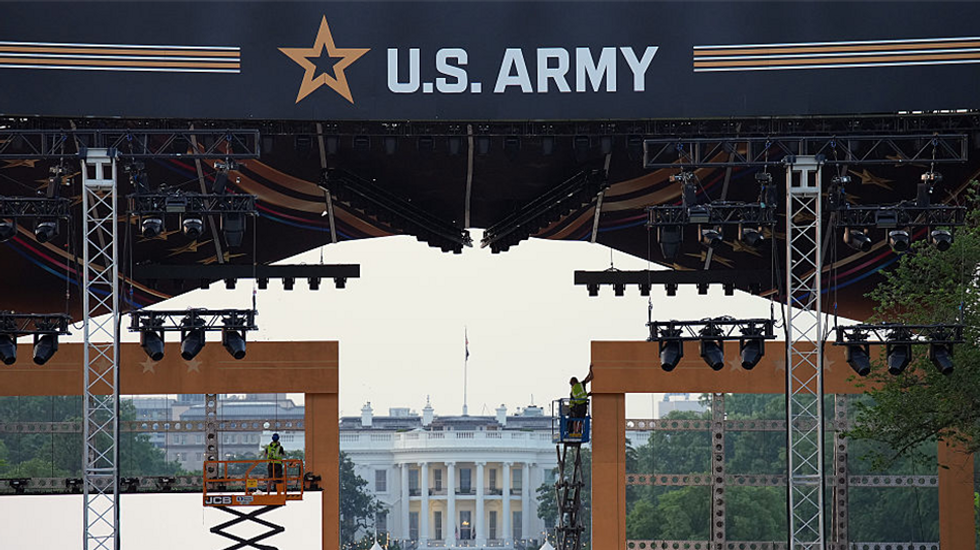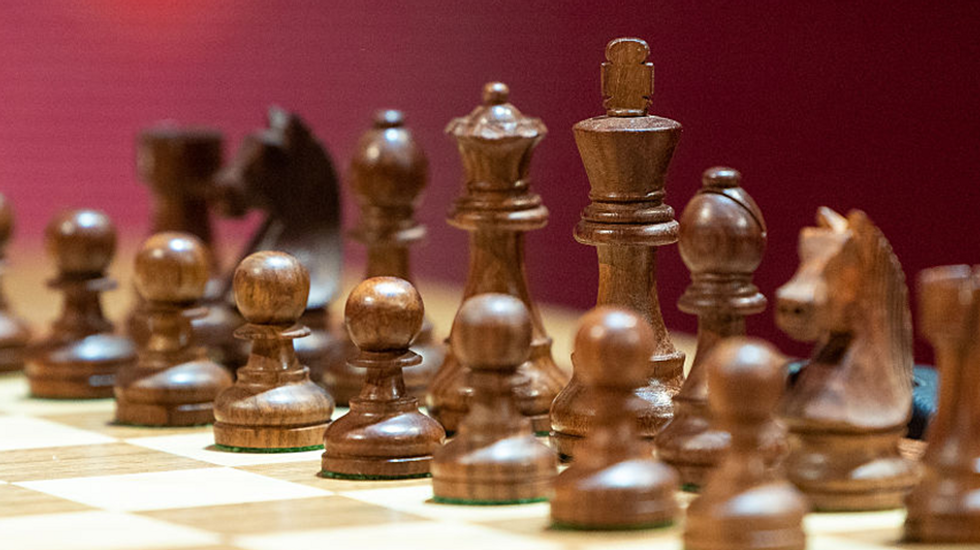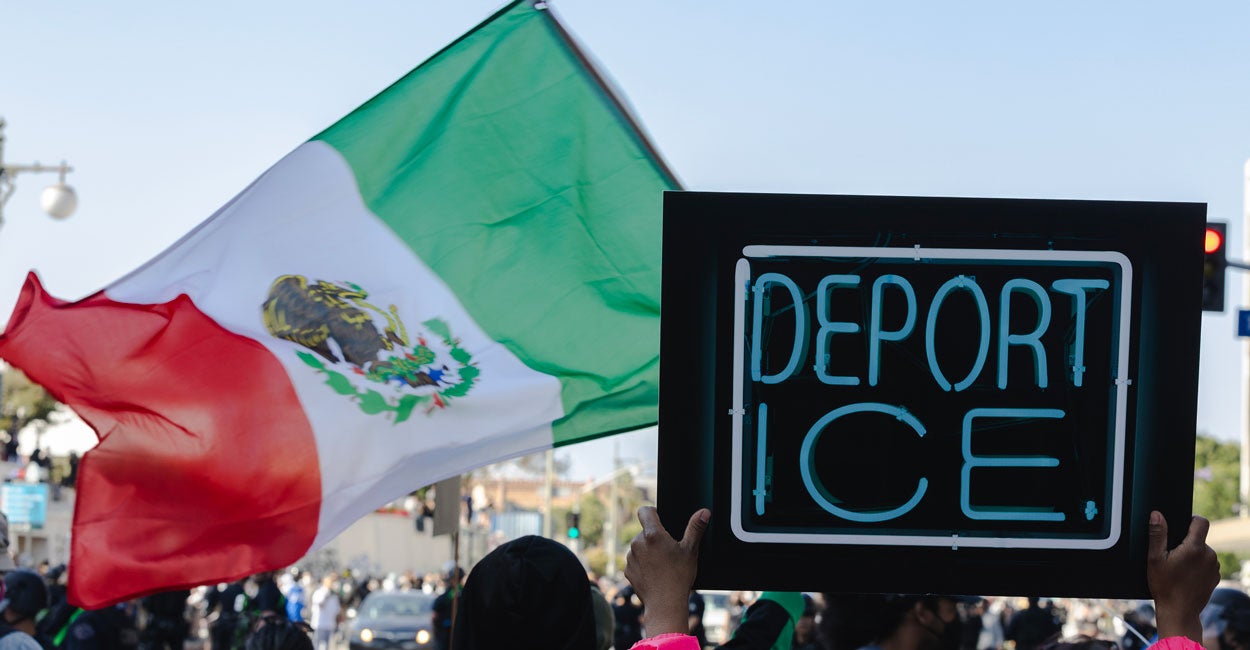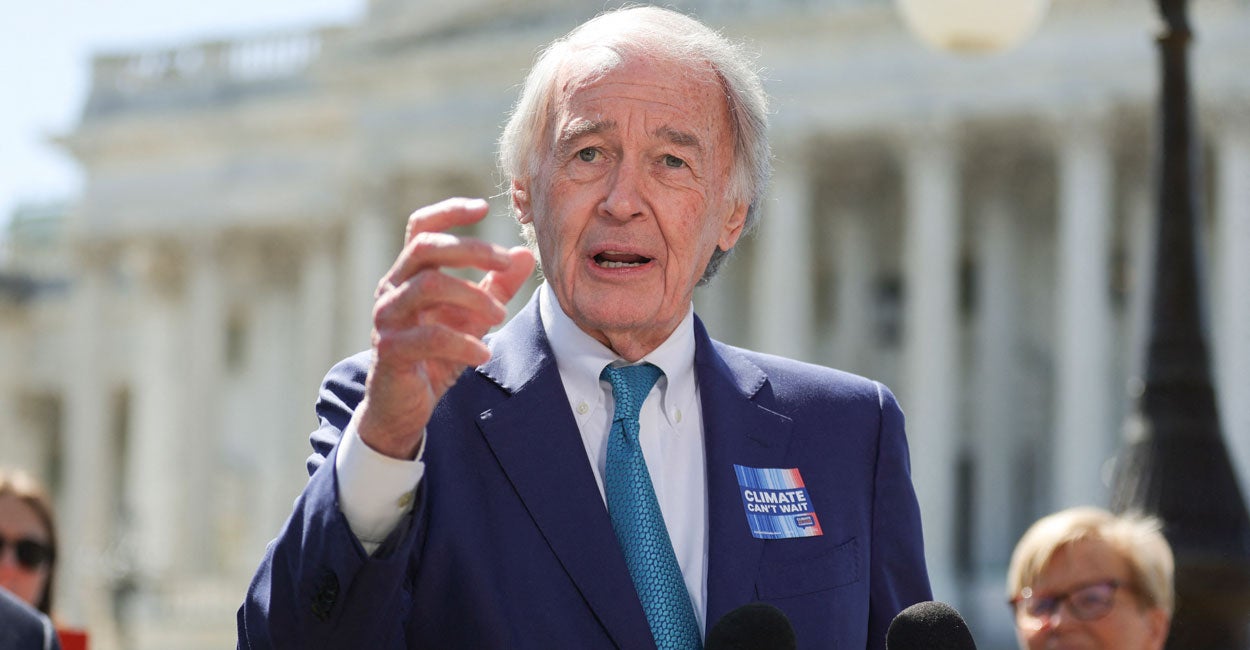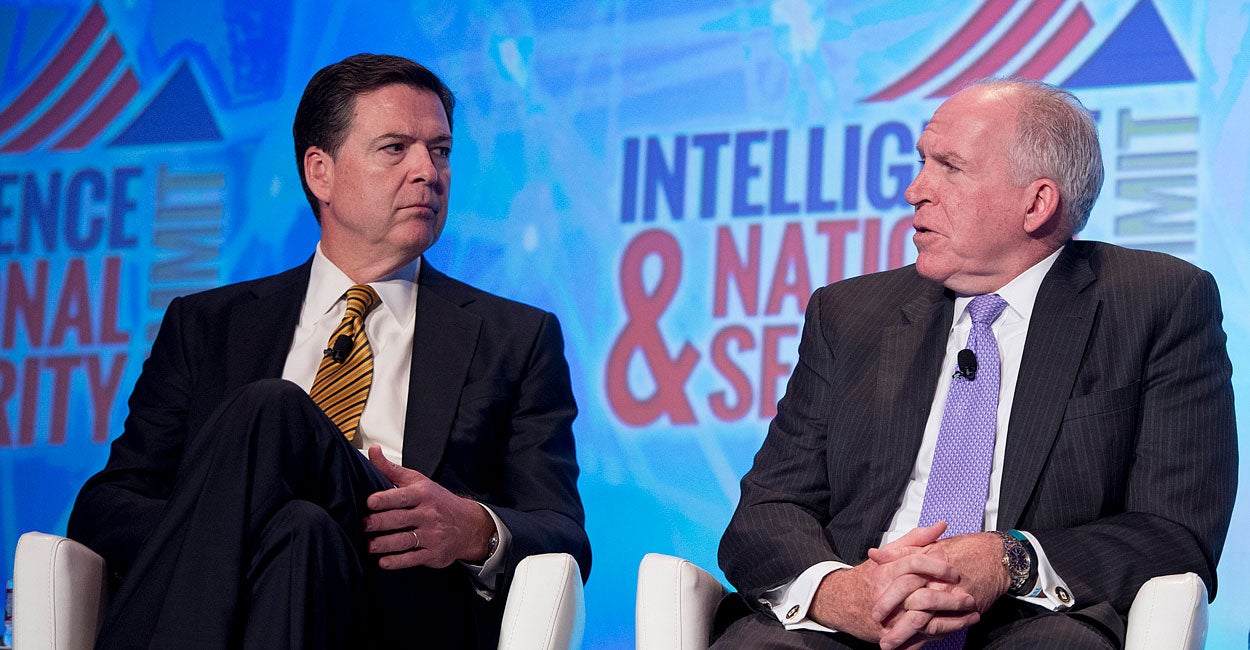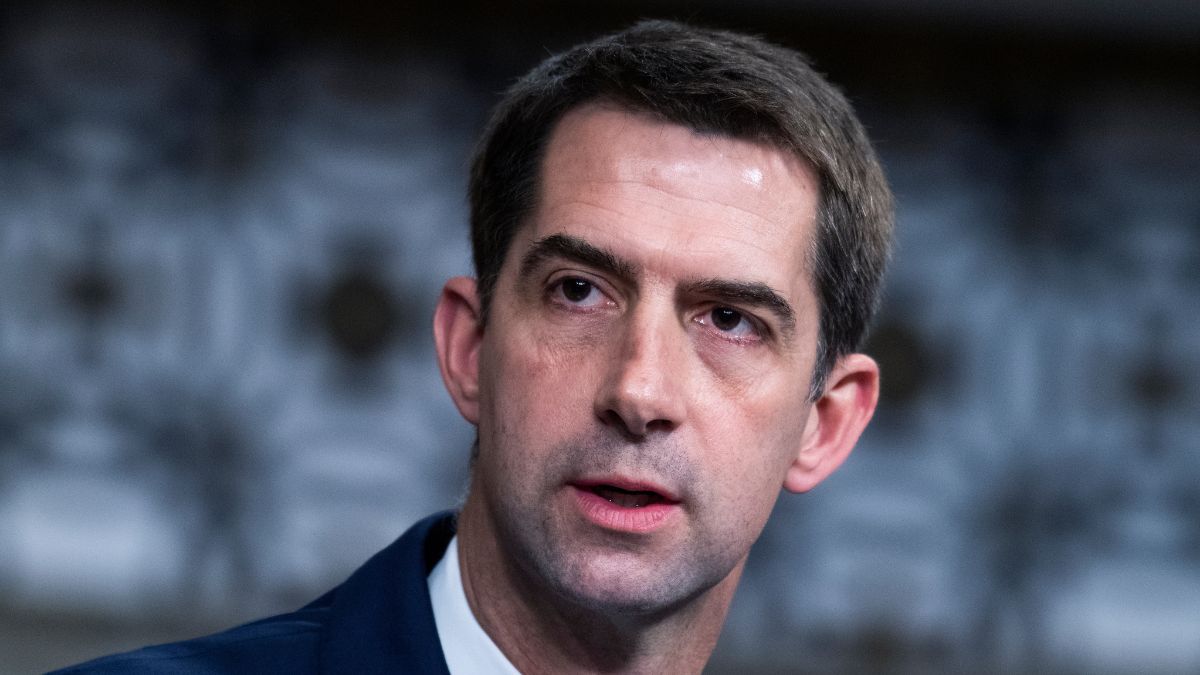How to avoid getting killed in a crowd


Over the holiday season, the one overwhelming trend is for people to gather in crowds for a variety of reasons: Black Friday shopping, sporting events, fireworks, New Year’s Eve, general revelry and any number of additional excuses.
Sometimes the sheer number of people gathering in one place staggers the mind. I recall a headline from a few years ago in which 300,000 visitors were expected to attend a Las Vegas fireworks show. The AT&T Stadium in Texas can hold 80,000 (seated) to 105,000 (including standing). Similarly, the Ohio Stadium in Columbus can pack in 66,210 (seated) to 104,944. Can you imagine being packed into such a sea of humanity?
But you won’t find me among them. Why? Because the older we get, the more averse to crowds my husband and I have become.
Neither of us suffers from enochlophobia, defined as “a phobia that causes intense anxiety and fear of large gatherings of people.” No, our aversion to crowds is simply because of the uncertainty endemic with any large gathering. Such events just seem to invite trouble.
In this, the news leading into 2025 has reinforced our distaste. The headlines have been grim so far. Two terrorist attacks – New Orleans and Las Vegas – left multiple dead, dozens hurt and the nation on high alert.
The threats continue. A former CIA agent claims al-Qaida is planning a coordinated multi-city attack in 2025. A congressman says sleeper cells are in America and easy to activate. Lots of lesser (but still grim) mayhem has occurred in the last couple of weeks.
None of this encourages us to set foot in a big city or attend crowded venues of any sort. For this reason, we intend to continue abiding by the No. 1 rule of surviving terrorist attacks, civil unrest, or other situations in which trouble can arise: Don’t be there.
From sociopolitical commentary to romance writing! Patrice Lewis branches into the world of Amish inspirational fiction. These clean romances are wholesome enough for Grandma to read. Check out Patrice’s available titles.
Seriously, don’t be there. Normally this would mean avoiding flashpoint functions such as protests and rebellions. But it also can apply to enjoyable venues such as concerts, festivals, even large church events. It’s too easy to be a sitting-duck target in these places.
Clearly, thousands of mass gatherings occur every year, and statistically few result in problems. But that doesn’t change our position. We’d rather just not be there. I think this position stems from too many years of rural living. For those living in a city, it’s almost necessary to tune out much of what’s going on around you simply to cope with the sensory overload.
A couple of years ago while traveling, I passed through Las Vegas on a Sunday night to meet a friend. The hotel was right on the strip. The panoply of flashing lights was insane, like Times Square on steroids. One building had a moving display four stories tall that was so bright I had to put down the car’s sun visor so I could see the street. Traffic was thick, construction was everywhere, and I kept getting sucked into vortexes of parking garages. The crowds, the lights, the traffic, the noise – it left me shell-shocked and with no desire ever to set foot in Sin City ever again. It’s beyond me how anyone can enjoy such places.
But at least the experience was peaceful, in the sense that no one was gathering for a protest or out to cause trouble. It was simply a huge number of people having a good time. Still, I’d rather not be there.
How much worse, then, if a crowd turns ugly? In an interesting piece entitled “How to Survive Riots and Civil Unrest,” the writer lists how a protest can turn into a riot:
- A perceived outrage occurs.
- Good people react and protest the outrage.
- Sometimes there are not-so-good people in the group, those who want to see violence.
- Those perpetrating the outrage try to quell the protest because they don’t think that the outrage was actually outrageous.
- Others react to the quelling and join the protest.
- A mob mentality erupts. Thugs say, “Hey, it’s a free for all. I’m gonna get some Doritos and while I’m at it, beat the crap out of some folks for fun.”
- All hell breaks loose.
- The police and military get called in.
- The city burns, and neighborhoods get destroyed, and no one in the area is safe.
- Cops act preemptively, out of fear, and for a time, there is no rule of law.
- If you happen to be stuck there, know this: you’re completely on your own.
From various accounts I’ve read about such events, the one overriding theme is this: People didn’t see it coming. The transition from peaceful to violent was staggeringly fast.
The infamous “mob mentality” that often breaks out in crowded places is a shift from individual to collective behavior. According to this article, “The driving force behind mob mentality is the human instinct for conformity and belonging. As social creatures, we have a desire to fit in with our group, which sometimes overrides personal beliefs and moral compasses. When in a crowd, individuals may experience deindividuation, a psychological state where they lose their sense of individual identity and personal responsibility.”
For example, I can’t imagine every student on every Ivy League campus is actually pro-Hamas. Instead, I think it’s just a trendy way to fit in. But by “being there” at pro-Hamas activities, violence is sure to follow – perhaps spontaneous, perhaps egged on by provocateurs, but still violent.
It’s not just protests or revolutions. Packed places are just begging for trouble. It’s the logical place for terrorists to plow through crowds with trucks, or an insane person to mow down concertgoers, or crowd surges to cause a crush, or a fire, or endless other tragedies that were exacerbated because of the large number of people. No thanks. I’d rather not be there.
Most people dismiss our aversion to crowds as cowardly or stupid. Fine, whatever. We wouldn’t expect anyone else to give up attending concerts or rallies or even mega-church services simply because we don’t like being among masses of humanity.
But as we enter the New Year, I look forward to “not being there.” I urge you to consider doing the same.
What's Your Reaction?
 Like
0
Like
0
 Dislike
0
Dislike
0
 Love
0
Love
0
 Funny
0
Funny
0
 Angry
0
Angry
0
 Sad
0
Sad
0
 Wow
0
Wow
0
